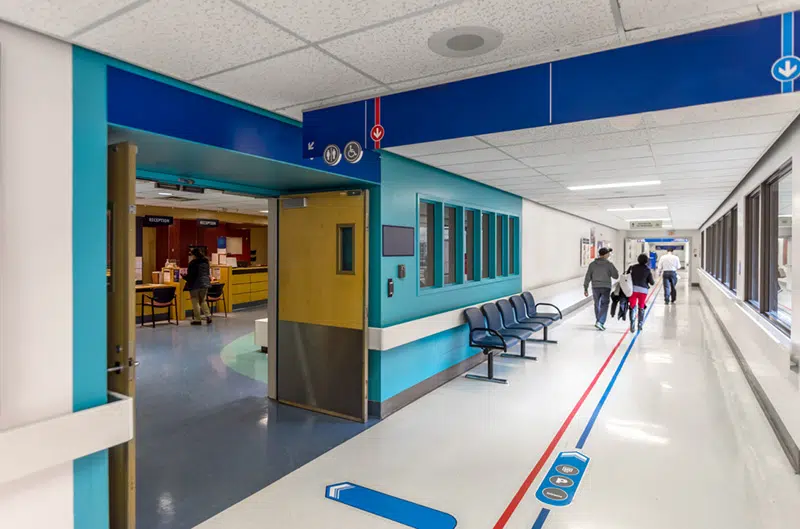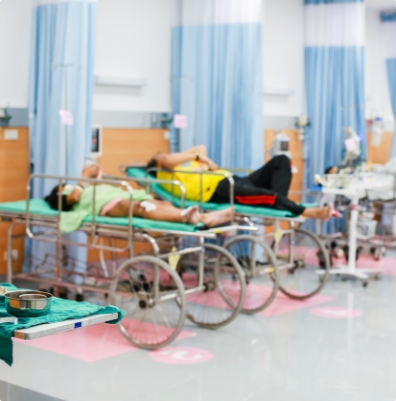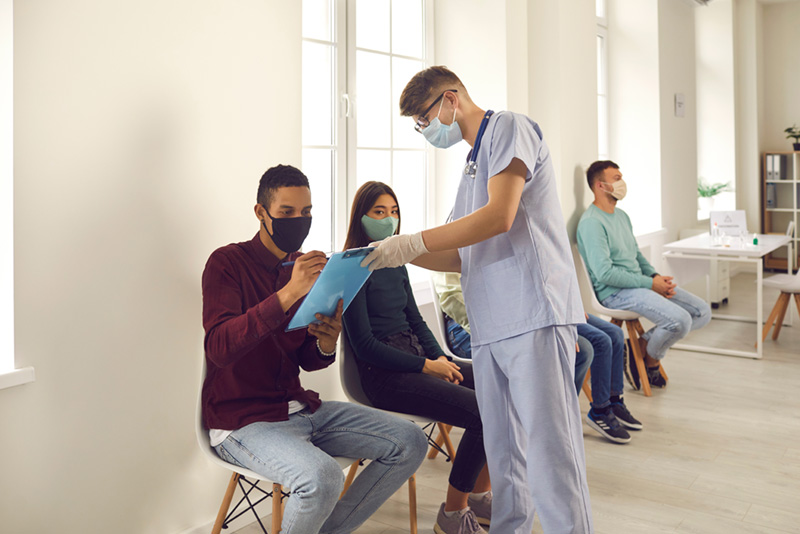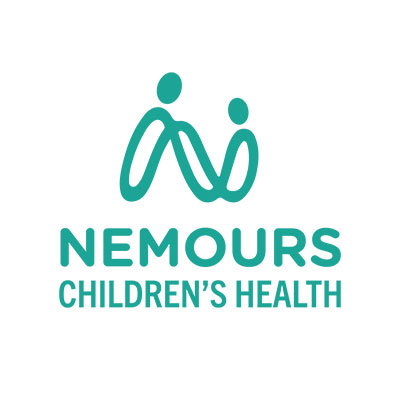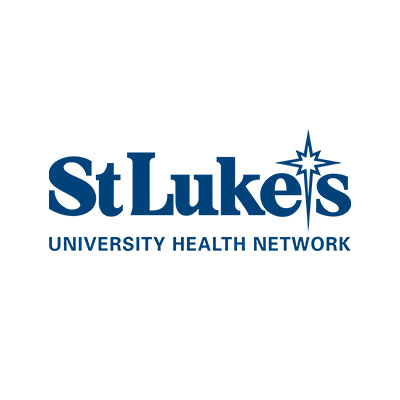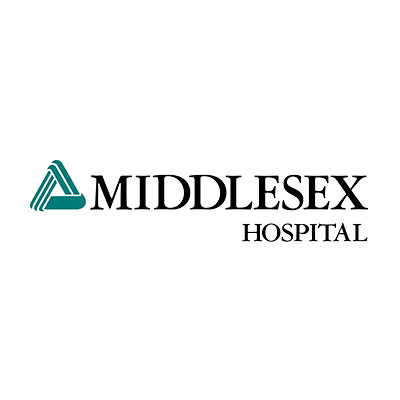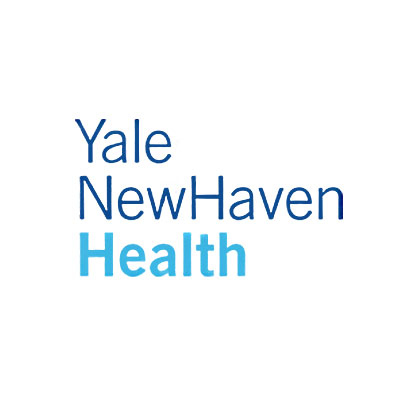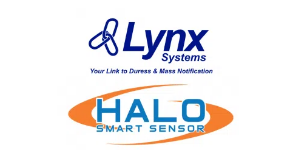
Emergency Alert Systems & Communication Solutions for Healthcare Facilities
Healthcare facilities face unique security challenges. From emergency departments to behavioral health care facilities, medical staff need reliable ways to call for help and communicate during critical situations. As inherently open environments serving diverse populations, hospitals and medical facilities must balance accessibility with the safety of patients, visitors, and healthcare workers.
How Does Lynx Improve Safety for Medical Facilities?
Whether you manage a single medical office or a large hospital system, Lynx helps protect your staff and improve emergency communications. Our solutions are specifically designed to meet the demanding requirements of healthcare environments while remaining cost-effective and simple to implement.
Every second counts when the health and safety of patients and staff are involved. Our mass notification systems can be configured to push out notifications within seconds of an event so that immediate action can be taken by facility staff. With LynxKeyPro, nurses and administrative staff can send duress alerts easily by using the F9-F11 buttons on their computer keyboard.
Lynx keeps your facility prepared for a range of potential emergencies – from emergency medical codes to severe weather and hostile persons.
Benefits of Lynx for Medical Facilities:
- Discrete panic buttons that work on any computer workstation
- Mobile duress options for staff moving throughout facilities
- Multi-channel emergency notifications for code alerts
- Integration with existing security and communication systems
- Automated reporting for compliance requirements
- Scalable deployment options for any facility size
Let’s see if Lynx is a Good Fit For Your Medical Facility
Get started with a free demo. Contact us to schedule a time to discuss your facility’s specific needs and learn how Lynx can enhance your existing security infrastructure.
What Kinds of Medical Facilities is Lynx Used In?
More Healthcare Facilities We Secure
- Psychiatric Facilities
- Assisted Living Communities
- Hospice Care Centers
- Diagnostic Imaging Centers
- Dental Clinics
- Pharmacies
- Medical Laboratories
- Blood Donation Centers
- Physical Therapy Clinics
- Occupational Health Clinics
- Telemedicine Centers
- Home Health Care Agencies
What Healthcare Emergencies is Lynx Designed For?
Hospital environments demand immediate response to both clinical and security emergencies. Lynx helps send notifications for your existing code system – whether that’s a cardiac arrest or an active threat – ensuring rapid team notification across every hospital department.
Personnel & Patient Safety Emergencies:
Additional Emergency Scenarios in Healthcare Settings
- Infant or Child Abduction
- Facility Evacuation
- Severe Weather
- Hostage Situation
- Bomb Threat
- Rapid Response Team Activation
- Facility Lockdown Procedures
- IT System Downtime Alerts
- Maintenance and Facility Issues
Integration with Existing Healthcare Systems
Lynx seamlessly integrates with your healthcare facility’s existing technology and eliminates the need for costly replacements or parallel systems. By connecting with your current access control, video management systems, nurse call systems, and security radios, Lynx enables a unified mass notification platform that leverages your current security infrastructure.
Keep Your Existing Security Technology
Our dynamic approach to integration means you can add powerful new security functionality while maintaining the workflows and protocols you’re already familiar with. Your staff can continue using their existing tools and devices while gaining enhanced emergency response capabilities.
When an incident occurs, Lynx automatically coordinates communication across multiple channels – from desktop computer alerts to security radio broadcasts, from PA system announcements to automated lockdown procedures. The result is faster response times and more effective emergency management without disrupting your current operations.


Compliance and Workplace Safety for the Healthcare Industry
Healthcare facilities must adhere to strict regulatory requirements for emergency preparedness, incident reporting, and staff safety. OSHA’s General Duty Clause mandates employers to provide a safe and healthful workplace free from recognized hazards, including workplace violence. Additionally, specific U.S. states, including California, Connecticut, Illinois, Maryland, Minnesota, New Jersey, Oregon, and Washington, have enacted workplace violence prevention laws tailored to the healthcare industry. These laws emphasize the need for comprehensive safety protocols, regular training, and robust reporting systems.
Audit Trails & Automated Testing Protocols
Lynx supports healthcare facilities in meeting these stringent requirements by offering comprehensive audit trails, automated testing protocols, and detailed documentation of emergency notifications and responses. Our system ensures that panic buttons and mass notification systems remain fully operational, with automated reports demonstrating regular testing and maintenance in compliance with OSHA and state-specific regulations.
Proactive Security
In addition to ensuring compliance, Lynx empowers healthcare organizations to proactively address safety concerns before they escalate. Lynx supports workplace violence prevention programs, enhances quality improvement initiatives, and reduces liability exposure—creating a safer and more compliant environment for both staff and patients.

We Provide System Implementation, Onboarding Support, & Training
Our implementation team works closely with your facility’s IT, security, and clinical leadership to ensure a smooth deployment of the Lynx system. Our technical specialists assist with system configuration, testing, and integration to your existing systems.
Staff training and ongoing support are key components of our implementation process. We provide comprehensive training sessions tailored to different user groups. Long after your Lynx system is set up and active, our team remains available for additional training, ongoing support, and system updates.

